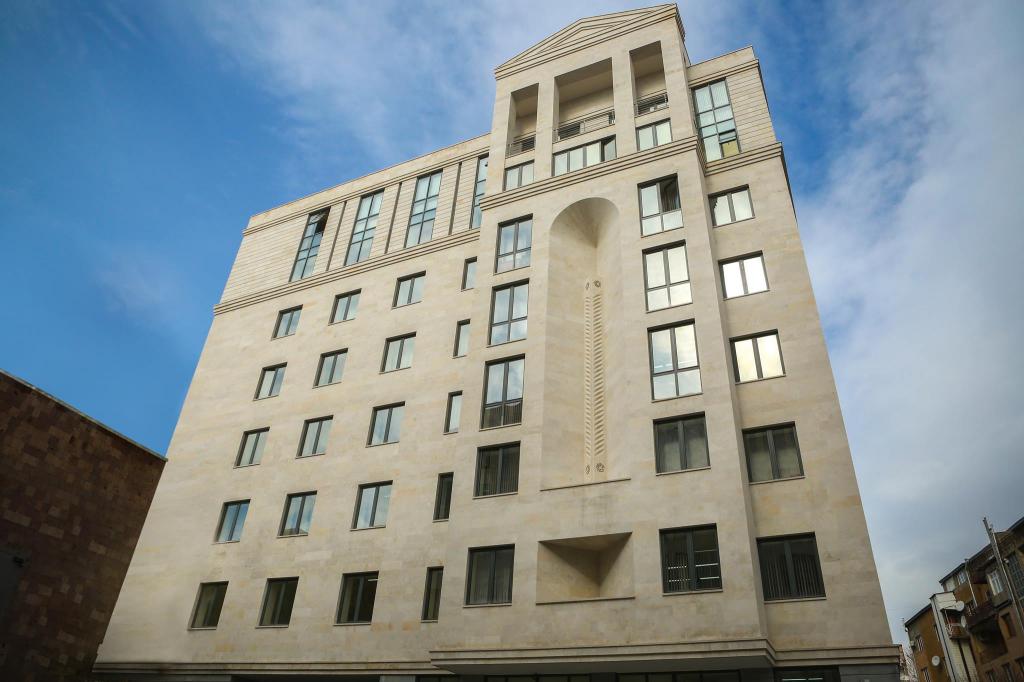Steps of the Government for the fight against criminal subculture
29/08/2019

During its session today, the Government approved the drafts of the Laws "On making amendments and supplements to the Criminal Code" and "On making a supplement to the Criminal Procedure Code". According to Minister of Justice Rustam Badasyan, granting or obtaining the highest status of criminal hierarchy or maintaining it, creating or managing a group bearing criminal subculture, participating or becoming involved in a group bearing criminal subculture, addressing a participant of a group bearing criminal subculture or a person with the highest status of criminal hierarchy is a serious challenge for society, as such phenomena threaten to undermine or distort the values and notions established in society.
"Taking this into consideration and accepting as a basis the social need for elimination of the negative impact of criminal subculture, the fight against criminal subculture must be one of the key directions of the criminal policy of each state," the Minister noted and added that the package of draft laws proposes to subject the following to criminal liability:
a. for granting or obtaining or maintaining the highest status of criminal hierarchy;
b. for creating or managing a group bearing criminal subculture, if the elements of crime provided for by Articles 222 (Racketeering) or 223 (Formation of, or participation in, a criminal organisation) of the Criminal Code of the Republic of Armenia are missing;
c. for participating in or becoming involved in a group bearing criminal subculture, while envisaging an incentive norm that the person having voluntarily informed criminal prosecution bodies about participation or involvement in the group bearing criminal subculture and having contributed to disruption of activities of the group shall be relieved of criminal liability, if his or her actions do not contain other corpus delicti;
d. for contacting a participant of a group bearing criminal subculture or a person with the highest status of criminal hierarchy for the purpose of obtaining material or non-material benefit or other advantage by using the unlawful influence of the group or person or exercising real or alleged rights.
It is proposed to envisage, as quality corpus delicti, creating or managing a group bearing criminal subculture, as well as participating or becoming involved in a group bearing criminal subculture that have been committed:
a. by a person being kept at a penitentiary institution;
b. by use of official position;
c. by an officer in the armed forces or other troops;
d. through involvement of a minor;
e. by a person with the highest status of criminal hierarchy.
Taking into consideration the international practice and the case law of the European Court of Human Rights, the interpretations of the concepts "group bearing criminal subculture", "person with the highest status of criminal hierarchy" have been provided, ensuring predictability of the content of these concepts and excluding the possibility of violation of the principle of legal certainty.
Taking into consideration the fact that the legislature, in the case of corpus delicti provided for by Articles 222 (Racketeering) and 223 (Formation of, or participation in, a criminal organisation), has shown a differentiated approach from the perspectives of envisaging aggravating circumstances and application of incentive norms, it is proposed to supplement, in line with the regulations proposed by the Draft, the mentioned corpus delicti with new aggravating circumstances, as well as envisage an incentive norm for a person having voluntarily informed criminal prosecution bodies about participation in a gang and having contributed to disruption of activities of a gang and relieve the person of criminal liability, if his or her actions do not contain other corpus delicti.
According to Minister Badasyan, adoption of the Draft will create an opportunity to lead a more effective, full-fledged and crucial fight to rule out the existence of criminal subculture, ensuring social security and observance of the generally obligatory rules of conduct prescribed by the State.
At the same time, let us mention that the fight against the criminal subculture will not be limited only by legislative amendments; there will be other practical steps that will help to lead a complex fight against criminal subculture.


